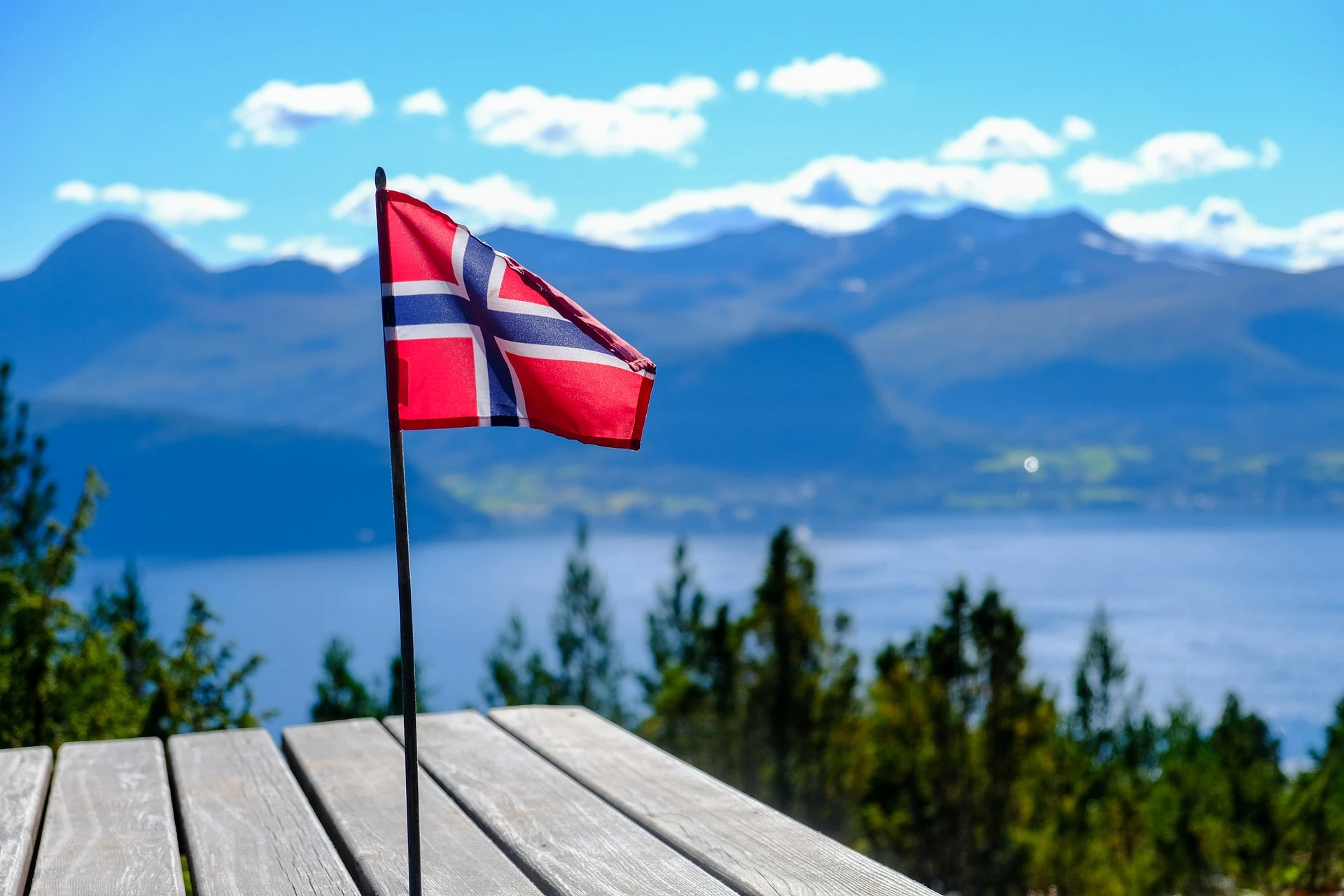Norway regulator orders blocking of 57 illegal websites

Some 23 companies are behind the sites that have now been blocked in Norway, the regulator revealed yesterday (1 April). This is the first round of blocking initiated by Lotteritilsynet as part of a crackdown on unlicensed activities.
DNS blocking works by redirecting players from the illegal websites to a page hosted by their internet service provider. This page sets out how while the site the consumer was trying to access is illegal, they were not breaking the law by trying to gamble on the site.
Lotteritilsynet lawyer Silje Sægrov Amble said blocking illegal websites will help tackle issues related to gambling harm in Norway.
“Blocking illegal websites will help fewer people develop gambling problems,” she said. “These are the games that have the highest risk. They are designed to get you hooked and you can lose a lot of money in a short time.”
Warning sees illegal websites exit Norway
The first blocking round comes after Lotteritilsynet last autumn warned almost 50 companies their websites faced blocking. From around 100 websites operated by these companies, almost 40 have since withdrawn from Norway.
Lotteritilsynet has not disclosed the identity of the websites that have been blocked. It did, however, reveal several large companies were among those that withdrew after the initial warning.
Amble said the blocking method is being used alongside other techniques to tackle illegal gambling. These efforts, she adds, are making it harder for unlicensed operators to target players in Norway.
“It is becoming increasingly difficult to be an illegal gambling company in Norway,” Amble said. “There are several reasons for this. TV advertising is gone and Norwegian banks are stopping bets and winnings to and from these companies.”
Confusion remains over illegality of websites
However, Amble also admitted that more needs to be done to help protect players. Referring to surveys conducted by Sentio, around 50% of Norwegians do not know which operators are approved to offer gambling in the country.
As such, she is calling for the regulator to be handed greater powers to better monitor the market and tackle illegal sites.
“Players do not know about the risk,” she said. “We believe most people want information that they are entering an illegal game. Therefore, blocking is also an information measure.”
